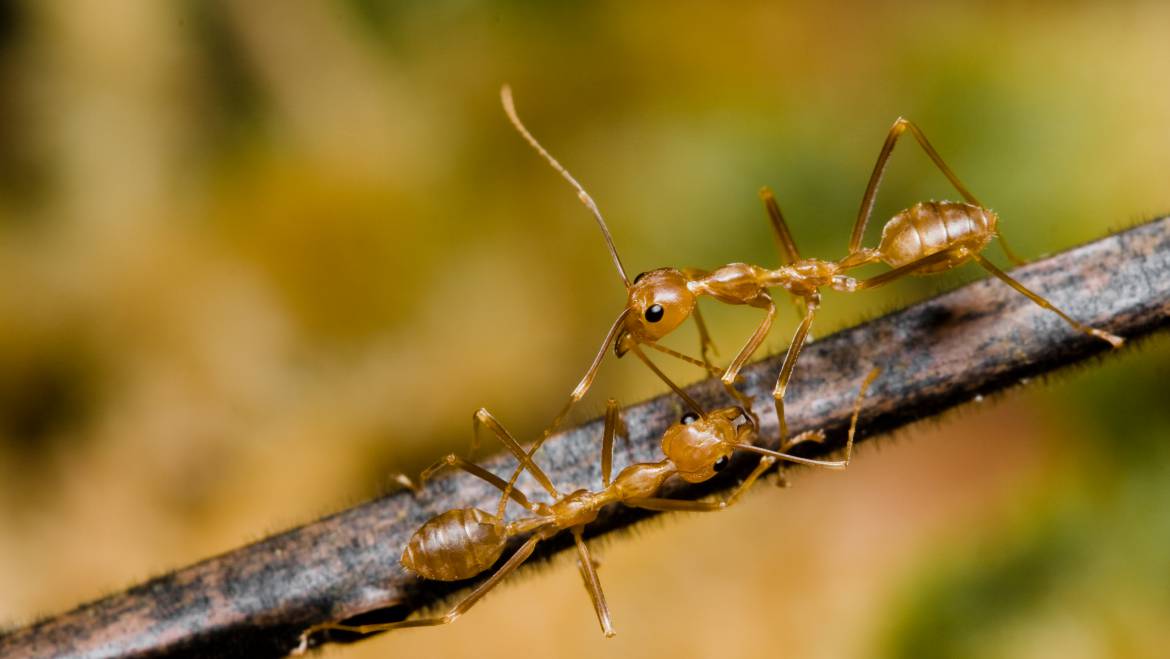Ants are among of the most ecologically important groups of animals in terrestrial ecosystems thanks to their high abundance, broad range of life strategies and diverse interactions with other organisms. We study their distribution, ecology and evolution in tropical and subtropical environments at the population, species and community levels. Our studies are based on a unique set of specimens and data from Melanesia, Australia and Mexico, gathered by standardized collecting protocols, including a wide range of methods covering ants from leaf litter to forest canopy.
Along with our collaborators, we lead a long-term survey of Melanesian ants with the goal to create publicly accessible resources combining distributional, morphological, ecological and molecular information. This is exemplified by the Ants of New Guinea database (www.newguineants.org) which is a comprehensive source for studies of Melanesian ants, linked to other major biodiversity resources such as the Barcodes of Life Initiative (www.ibol.org), Antweb (www.antweb.org) Antwiki (www.antwiki.org) and Antmaps (www.antmaps.org).
